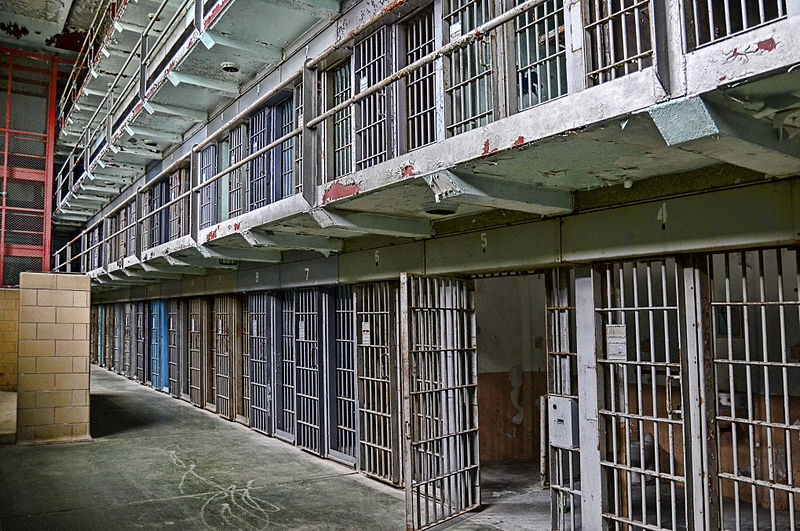All over Florida, new cases of COVID-19 are rapidly rising. On July 12, Florida reached a high point in the pandemic with over 15,000 newly reported cases in a single day. Prisons in the state also see a concerning rise in new cases.
The Florida Department of Corrections (FDOC) has reported that over 1,000 of their corrections staff tested positive. Over the past few weeks, nearly 600 more workers have become infected, and over 3,200 inmates have been infected. The overall positivity rate for both inmates and correctional workers is around 18% with this rate steadily increasing.
FDOC has put in place protocols to help limit the spread and exposure of coronavirus. If an inmate presents to medical staff symptoms indicative of coronavirus, medical staff will place the inmate in medical isolation and will be administered a coronavirus test. FDOC stated that while inmates are in medical quarantine or medical isolation, they still have access to restrooms and medical care; meals are also provided to them within their housing units.
A staff member who tests positive for coronavirus will not return to work until a medical professional and the Florida DOH document a full recovery – all following CDC guidelines. With every positive case of coronavirus, the FDOC conducts a trace-back contact investigation to determine if additional staff or inmates need to be tested.
Correctional facilities are notoriously known for being overcrowded, having unsanitary conditions, and frequently lacking basic necessities. In this environment, inmates must be protected from coronavirus exposure.
The increasing spread of coronavirus throughout correctional facilities in the state is concerning for several reasons, chiefly because correctional facilities are not built for social distancing. Inmates cannot separate themselves six feet from each other and from staff in a place where they eat, sleep and live.
There is also the problem of a lack of access to adequate medical care in these facilities. Often, chronic illness and emergencies are untimely treated, resulting in tragic consequences. This situation makes already vulnerable inmates even more susceptible to contracting coronavirus.
Controlling the spread of infections in these correctional facilities is critical to prevent large outbreaks in the community. Measures that can be taken to reduce this spread are jails releasing people, reducing jail and prison admissions and eliminating medical co-pays.
A growing number of organizations, public figures and activists have called for the early release of non-violent prisoners. Releasing these low-level offenders keeps correctional facilities from becoming overpopulated. In Hillsborough County, Florida, over 160 people were released following authorization via administrative order for people accused of ordinance violations, misdemeanors, traffic offenses and third-degree felonies.
Reducing admissions into correctional facilities also reduces the risk of introducing the virus into the existing population. Issuing other forms of punitive measures instead of incarceration can decrease this risk.
In most states, inmates pay for medical care in correctional facilities. They work for very little, so a five dollar co-pay can be expensive and a barrier to adequate medical care. Florida is one of the several states that has suspended all co-pays for respiratory, flu-related or coronavirus symptoms.
Until scientists invent a vaccine, everyone is susceptible to contracting coronavirus. Those incarcerated face an even higher risk of transmission, and efforts have to be made to safeguard their wellness.
Featured image: An example of close conditions in the prison system. Unmodified photo by Bob Jagendorf used under a Creative Commons license. (https://bit.ly/30zCcIx)





